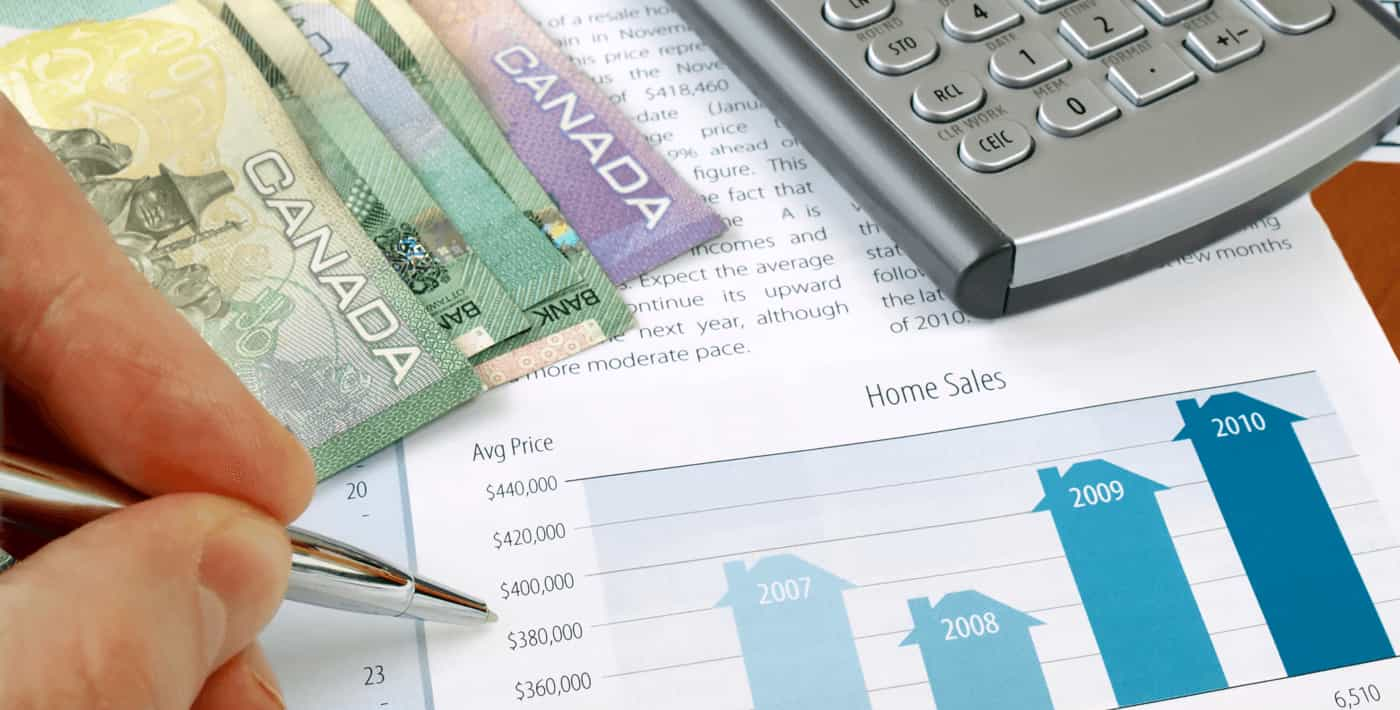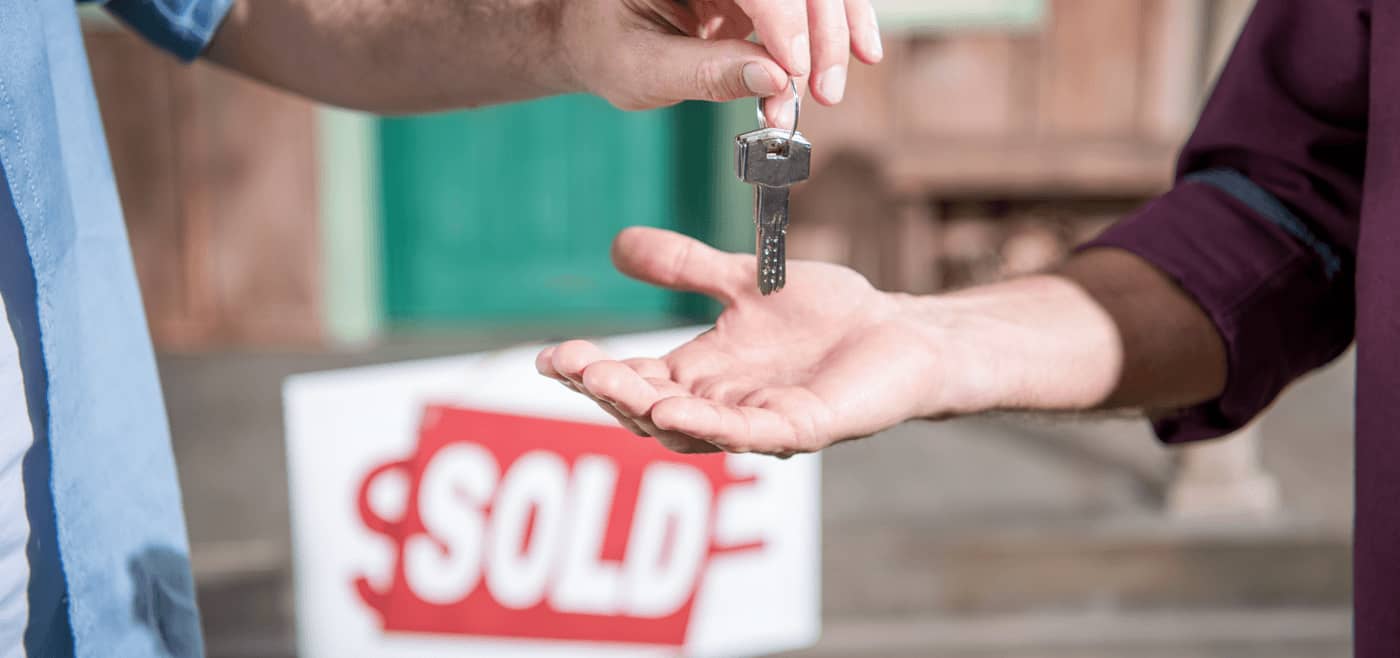
You’ve probably heard the term “capital gains” before, but people often think about them as something that only the super-rich need to worry about. On some levels, it’s true. The average person who earns income from a regular paycheque rarely needs to worry about paying taxes on capital gains.
However, there are a few instances where you might have to declare capital gains when you file taxes.
Here, we hope to give you some of the basics so that you know a little more about capital gains.

Common Sources of Capital Gains/strong>
Perhaps the easiest way to think of capital gains is as the money that you get when you make a smart investment. For instance, one of the most common forms of capital gains comes from the sale of stock shares. If you bought the stocks for $1,000 and sold them 20 years later for $10,000, you’d have $9,000 in capital gains.
You might also have capital gains from selling a business or a property that has increased in value.
Capital Gains and Taxes
You do have to pay taxes on your capital gains. They’re taxed at the regular tax rate based on income, so those in the lower income tax brackets will pay a smaller percentage than those in the upper brackets. The good news is that only 50 percent of the total amount of capital gains counts as income. In our above example, for instance, you’d be taxed on $4,500.

Gains from Selling Your Primary Residence
As a home builder, we know that most of the people reading this article are primarily concerned about capital gains as it relates to owning and selling property.
If you’ll be selling your current home, you’ll probably want to use the equity and any extra money you’ve earned for your down payment. Let’s say that you paid $250,000 for your current home, and that you have $100,000 left on the mortgage. If you could sell the home for $300,000 because the market has improved, you’d then have $150,000 in equity and an additional $50,000 in profit.
If this was your primary residence, that profit does NOT count as capital gains. You can safely use all of the money for the down payment on your next home, and this can significantly reduce your costs.

Gains from Selling an Income Property
However, if the property you’re selling is an income property or a home that you’re “flipping,” you’ll incur capital gains. This means that if you bought the home for $100,000, then put $50,000 worth of work into it, and eventually sold it for $200,000, the $50,000 would be capital gains.
If you’re renting out a property, the money you earn from renting does not count as capital gains. It counts as income. You only have capital gains when you sell the home.
Reducing Taxes on Capital Gains
Naturally, you want to reduce the amount of taxes you pay. To do this, you need to reduce the amount of capital gains that you claim. You may be able to deduct some of your expenses as a way to reduce the gains. Things, like updating the windows or replacing a furnace in your rental unit, reduce your profits while making your property more attractive to buyers.
If possible, you could also make your rental property your permanent residence for a few years before you sell the place. In doing this, you will only have capital gains based on a percentage of the time that you didn’t live there.
Remember, also, that the amount of taxes you pay on capital gains is based on your income. You might use this to your advantage. For instance, if you’ll be retiring in two years, you would want to wait to sell an income property until after you stop working because your annual income at that time is likely to be far less than what it is while you’re working.
Things like selling income properties and stock shares will earn you money, but you will have to pay taxes on the money you’ve earned. Having capital gains makes your tax situation far more complicated. You don’t want to miss any chance you may have to reduce the tax burden, so the smart move is always to hire a tax professional.



